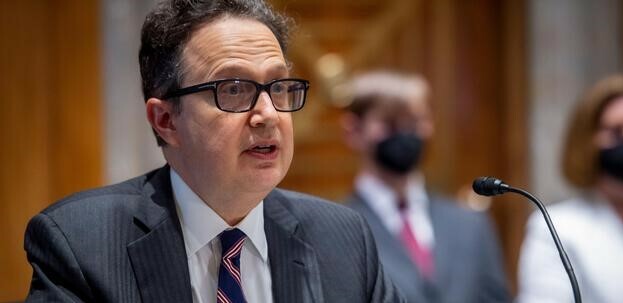Political actors in Juba bear responsibility for much of the violence in Upper Nile State and must act to end it, a US diplomat said.
Violence in Upper Nile State has forced at least 20,000 people to flee into Sudan or hide in swamps since August, the United Nations said on Wednesday.
Fighting erupted in the village of Tonga on 15 August 2022. Violence has since spread further in Upper Nile, northern parts of Jonglei and Unity states. It is currently advancing in Upper Nile’s Fashoda County and is threatening the town of Kodok.
The exact number of people killed in the ongoing violence remains unknown.
South Sudan is governed by a transitional coalition government formed under a 2018 peace agreement signed in neighbouring Ethiopia. However, key provisions of the agreement remain largely unimplemented.
In a statement extended to Radio Tamazuj on Saturday, US Ambassador to South Sudan Michael J. Adler said his country is gravely concerned by credible reports of continued human rights violations and the impunity enjoyed by those perpetrating such acts.
The ambassador made the statement on the occasion of Human Rights Day, which is celebrated annually around the world on 10 December every year.
“Many of these violations occur within the context of subnational violence, such as in the ongoing conflict in Upper Nile State. It is clear that political actors in Juba bear responsibility for much of the violence in Upper Nile State and must act to end it,” Ambassador Adler said.
The US diplomat emphasized that commitment to human rights is a foundational element in the US relationship with South Sudan and that it has been the driving force behind US support for the people of South Sudan from its very beginning, which dates back decades before South Sudan’s independence in 2011.
According to the US diplomat, this commitment remains as strong as ever today.
“We also remain deeply concerned about sexual and gender-based violence and extrajudicial killings. Other significant violations pertain to limitations on internationally recognized rights, such as freedom of expression, that are essential elements for a stable, thriving society and open civic space,” Adler said.
“Those who work to advance human rights in South Sudan are helping to build a better future for the South Sudanese people. They do so with our support and respect,” he concluded.




